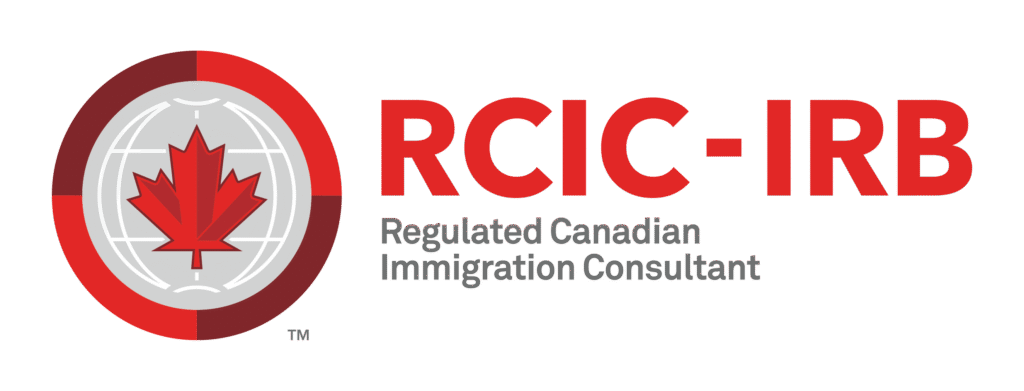Top Universities in Canada in 2026 — According to the Times Higher Education World University Rankings

The Times Higher Education (THE) has published its 2026 rankings of the top universities in Canada, along with their positions in the global university rankings.
The University of Toronto once again holds the top position in Canada, maintaining its leadership since at least 2011. McGill University and the University of British Columbia (UBC) continue to secure strong standings both nationally and internationally.
National Rankings (Canada 2026)
The 2026 THE Canada University Rankings include 34 Canadian universities in total.
While the University of Toronto remains at number one, McGill University has risen to second place, surpassing the University of British Columbia, which previously held that position in 2025.
All other universities in the top 10 have maintained their 2025 positions.
| National Rank | University |
|---|---|
| 1 | University of Toronto |
| 2 | McGill University |
| 3 | University of British Columbia |
| 4 | McMaster University |
| 5 | University of Alberta |
| 6 | Université de Montréal |
| 7 | University of Waterloo |
| 8 | University of Ottawa |
| 9 | University of Calgary |
| 10 | Western University |
| =11 | Queen’s University |
| =11 | Simon Fraser University |
| =11 | University of Victoria |
| =14 | Dalhousie University |
| =14 | University of Saskatchewan |
| =16 | Université Laval |
| =16 | University of Guelph |
| =16 | York University |
| =19 | Carleton University |
| =19 | Memorial University of Newfoundland |
| =19 | Université du Québec |
| =19 | University of Manitoba |
| =19 | University of Windsor |
| =24 | Concordia University |
| =24 | Toronto Metropolitan University |
| =24 | University of New Brunswick |
| =27 | Ontario Tech University |
| =27 | University of Regina |
| 29 | Lakehead University |
| =30 | Brock University |
| =30 | St. Francis Xavier University |
| =30 | University of Northern British Columbia |
| =30 | Wilfrid Laurier University |
| 34 | University of Lethbridge |
(“=” means a tie between universities.)
Global Rankings 2026
In the global 2026 rankings, three Canadian universities placed among the top 100 universities worldwide, and nine made it to the top 200.
| World Rank 2026 | University | Teaching | Research Environment | Research Quality | Industry | International Outlook | Overall |
|---|---|---|---|---|---|---|---|
| 21 | University of Toronto | 78.2 | 92.9 | 92.3 | 95.8 | 92.3 | 88.5 |
| =41 | McGill University | 71 | 70.8 | 86.2 | 77.5 | 89.2 | 77.1 |
| 45 | University of British Columbia | 64.1 | 73.9 | 88.6 | 77.4 | 93.5 | 77 |
| =116 | McMaster University | 42.2 | 49.3 | 93.1 | 100 | 84.6 | 65 |
| 119 | University of Alberta | 49.1 | 55.4 | 78.1 | 100 | 88.4 | 64.6 |
| 150 | Université de Montréal | 41.4 | 50.5 | 83.1 | 95.5 | 84.1 | 61.9 |
| =162 | University of Waterloo | 42.7 | 47.6 | 83.4 | 77 | 85.5 | 60.9 |
| =187 | University of Ottawa | 38.2 | 44.5 | 85.4 | 81.7 | 86.2 | 59.5 |
| 200 | University of Calgary | 37.8 | 43.1 | 83.6 | 91.4 | 83.3 | 58.7 |
| 201–250 | Western University | 39.9 | 42.6 | 77.5 | 99.8 | 86.9 | 56.4–58.6 |
The University of Toronto maintained its 21st position globally, the same as in 2025.
Several other Canadian universities improved their rankings, including:
McGill University, which rose from 45th to a tie at 41st;
University of Waterloo, moving up from 163rd to a tie at 162nd;
University of Ottawa, climbing from 191st to 187th;
University of Calgary, which rose from the 201–250 range to rank 200th.
Ranking Methodology
The Times Higher Education World University Rankings evaluates universities based on five core pillars that reflect their central missions:
Teaching (Learning Environment)
Research Environment
Research Quality
International Outlook
Industry Engagement
Each pillar is composed of 18 performance indicators, and each has a specific weighting that contributes to the university’s overall score (out of 100).
| Category | Weight | Performance Indicator | Weight |
|---|---|---|---|
| Teaching (Learning Environment) | 29.5% | Teaching reputation | 15% |
| Staff-to-student ratio | 4.5% | ||
| Doctorate-to-bachelor’s ratio | 2% | ||
| Doctorates-awarded-to-staff ratio | 5.5% | ||
| Institutional income | 2.5% | ||
| Research Environment | 29% | Research reputation | 18% |
| Research income | 5.5% | ||
| Research productivity | 5.5% | ||
| Research Quality | 30% | Citation impact | 15% |
| Research strength | 5% | ||
| Research excellence | 5% | ||
| Research influence | 5% | ||
| International Outlook | 7.5% | Proportion of international students | 2.5% |
| Proportion of international staff | 2.5% | ||
| International collaboration | 2.5% | ||
| Industry Engagement | 4% | Industry income | 2% |
| Patents | 2% |
Universities were excluded if they did not offer undergraduate programs or had fewer than 1,000 publications over the last five years.
Planning to Study in Canada?
If you’re an international student planning to study in Canada for a program longer than six months, you’ll need a study permit.
To qualify, you must:
Be accepted by a Designated Learning Institution (DLI);
Prove financial capacity for tuition, living expenses, and travel costs;
Provide a police certificate (if applicable);
Undergo a medical exam (if required);
Show intent to leave Canada after your study permit expires.
Applications are submitted online, and required documents include:
Letter of acceptance
Provincial Attestation Letter (PAL) or Territorial Attestation Letter (TAL)
Proof of funds
Medical results
Any additional documents requested by the visa office
Canadian Education and Immigration
Canada is home to world-renowned universities and is a top destination for international students.
Having Canadian education can significantly boost your chances of immigrating permanently. Under the Express Entry system, graduates of Canadian programs can earn up to 30 additional CRS points.
Additionally, graduates of eligible programs can obtain a Post-Graduation Work Permit (PGWP), which provides valuable Canadian work experience — a key factor in qualifying for the Canadian Experience Class (CEC) immigration stream.

